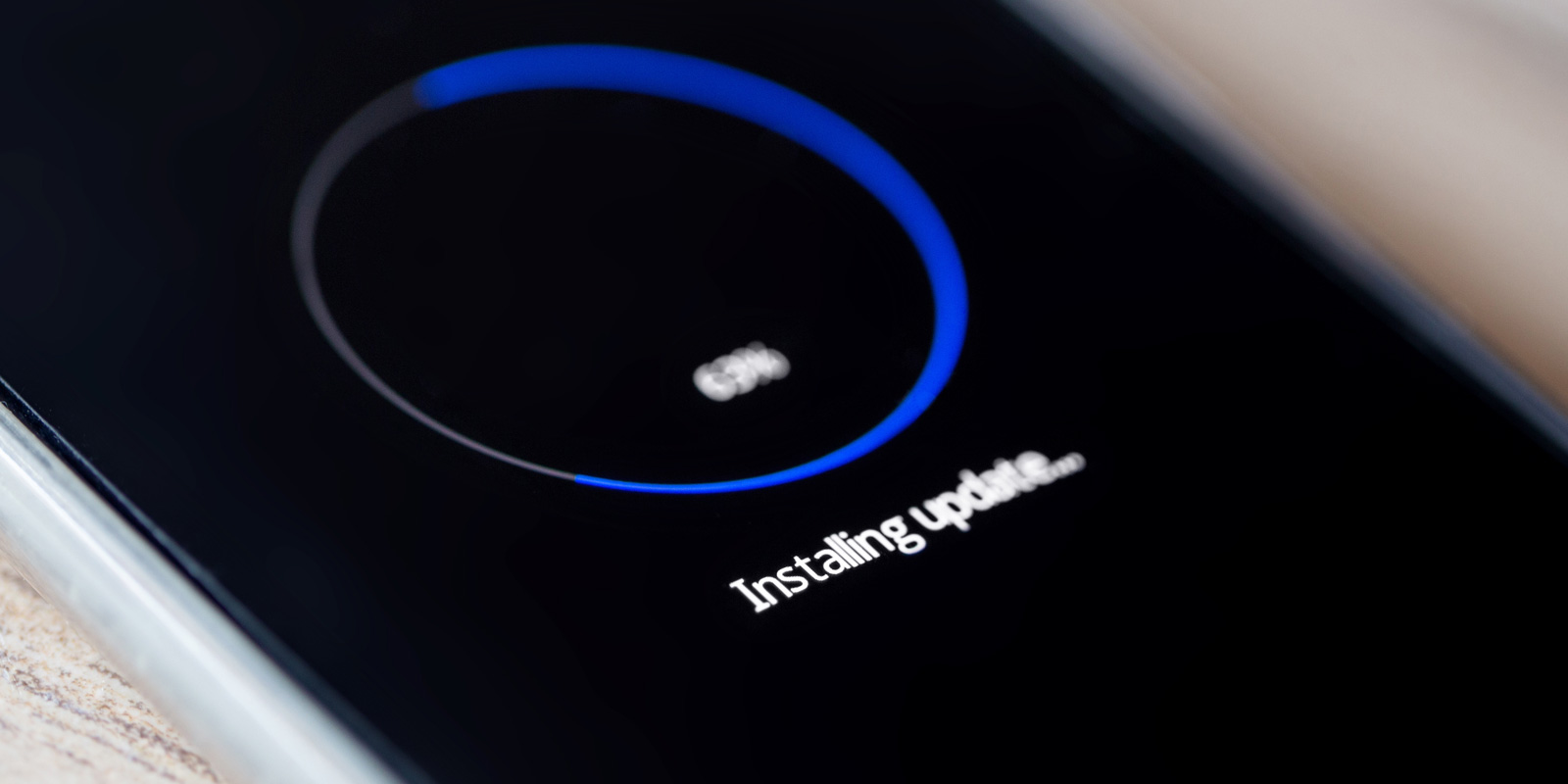CRMs are often mistakenly perceived as confusing, unnecessary, or a waste of time and money. It’s easy to assume these things - particularly if you're an SME owner or marketing manager and you've been running your business the same way since it began. But for your business to really grow in a whole new way, and to watch those conversions skyrocket - a CRM might just be the answer.
CRM stands for customer relationship management, and it refers to the processes in which your business can build customer relationships on an individual level. The ultimate goal of a CRM is to build business relationships which foster a whole network of unique customer journeys and monitor leads and conversions. CRMs get to know your customer inside out and can tailor communications effectively to suit their individual needs. The aspects of customer relationship management are segmented into the ‘what’ and ‘why’ which are your business philosophy, ethos & strategy. Then there’s the ‘how’ - the technological means necessary to build and nurture these relationships.
Think CRMs are unnecessary? Think again!
So what can you really gain from a well-functioning CRM? Well, a CRM recognises that no two customer journeys are the same. Using intelligent tracking technologies, it harnesses these individualities within each customer journey, accommodating customer uniqueness so that all leads are given a unique experience with your business. Right from the very get-go when you make initial contact until your lead materialises into a conversion - this entire cycle is recorded, tracked, monitored, and reviewed.
The dashboard is also interchangeable and customisable. CRMs realise that not every business has the same goals - so you can actually tailor your CRM to track what you want it to. This allows you to shape and morph the system so that it’s totally malleable to your needs. You can use it to track KPIs, flag priority data, and use the information to establish and evaluate patterns.
So, while this is all functionally impressive, why is it important? Well, by nurturing these unique relationships, you’re essentially hitting the sweet spot of customer relations. Your CRM allows your business relationships to be completely unique, so your customers will feel like actual individuals instead of a number in a database, or a cog in a machine. You can foster actual relationships – where the customers are valued as real people behind the screen. These positive relationships manifest into returning customers. If you get this right, you’ve hit the bullseye.
Plus, with all the customer information in one unified digital location, you can completely avoid those off-putting miscommunications and awkward experiences. We’ve all been on the other end of bad communication with a company, and it can really make us reconsider any kind of relationship with them. Because why would you give your money to a company that you felt weren’t listening to your needs? Communication can be the difference between a successful conversion, and a customer who chooses to unsubscribe from any of your marketing emails and doesn’t wish to pursue a journey with your business.
Frees up more time? Yes please
Think of CRM software as an octopus that can automatically do everything for you. Even when you’re asleep, it’s still working. The automatic nature of the CRM will allow you far more time to focus on more important things when running your business.
And after you allow it to automatically do these things for you, you can review and evaluate too. You can pull in data to review which marketing techniques are working and which aren’t, allowing you to tailor your content to the individual customer.
Take HubSpot, for example. At Method, HubSpot makes our job so much easier! HubSpot simplifies all processes and unifies all communication into one place, but it is customisable across different departments. It recognises that each department of a business has varying priorities, yet it uses an umbrella digital platform which encompasses all important data. HubSpot prides itself on not adding any unnecessary complexity, so that it's wholly usable for any team member, in any department. HubSpot makes inbound marketing so much easier and automatically works on the monotonous tasks for you so that you can spend your time thinking strategically, and generating creative ideas.
The logistics and ‘how to’
Logistically speaking, a CRM is just far easier. With all the information in one place, you’re not having to track down scraps of information from different departments within your company because it’s all there on a customer dashboard for you to easily view. Here’s a step-by-step for implementing your CRM.
Customization to suit your business
Start off with considering your goals. What do you want your CRM to track
specifically? Which bits of data are most important to you? Customise your system to suit the needs of your business, and what you'd like to track in particular. Utilise the CRM's tracking platforms to ensure you’re optimising the system to your advantage.
- Training
Get to know the system inside out, and run training sessions on the new software so that all of your staff are fully trained in using it, too, HubSpot includes HubSpot Academy which is full of training videos and certifications to earn. - Import customer database
Using a CSV file, you can transfer your customer data over to your new system. This ensures you can still retain all your original customer data and utilise everything you’ve collected so far. - Customise your dashboard per department
Ensure that your dashboards are tailored to the department that’s using the CRM. You might have a sales department who are concerned with leads, and a customer service department whose main concern is enquiries or queries. - Get feedback and evaluate the CRM
You might not customise it right the first time. Give it a month of usage and see what’s working, and what could be improved upon. The beauty of CRMs is that they are customisable, without losing any of the previous data! Remember, it's designed to mould around your business and its needs.




